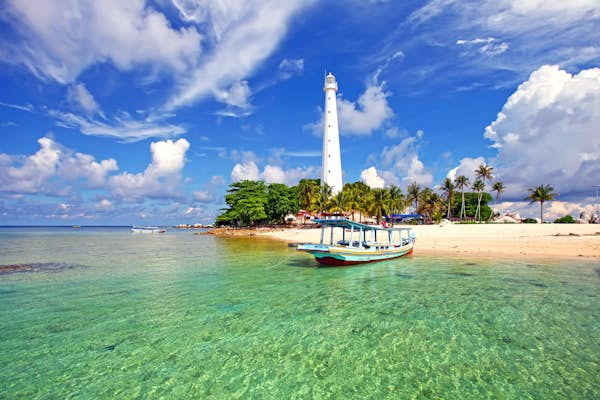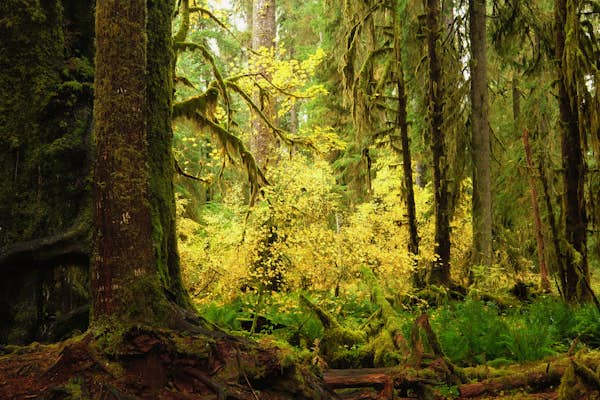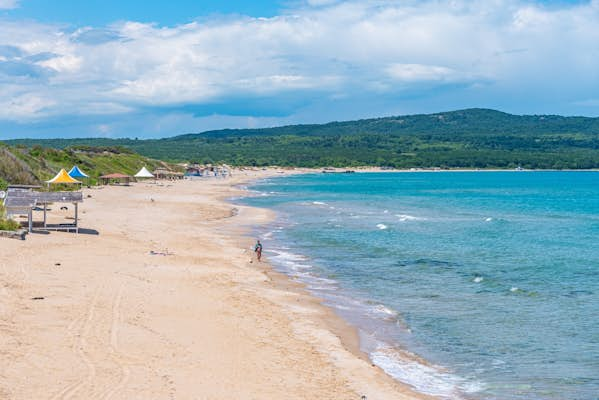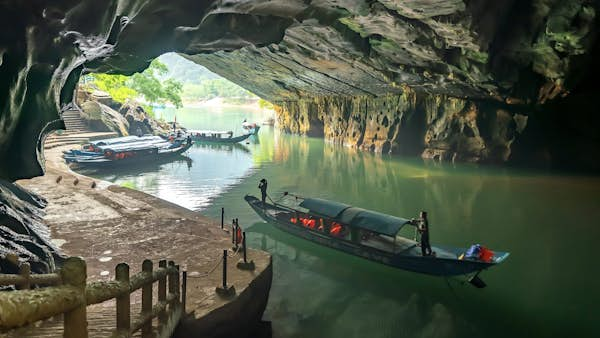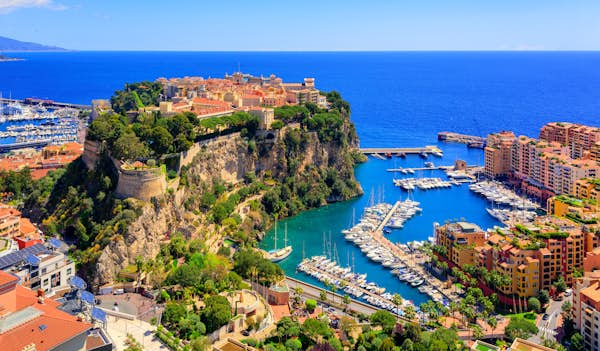That Indonesia has beautiful beaches is no secret.
But a few of them offer even more: some of the most varied coral life in the world, a taste of local cultures and practices and a sense of stillness not found on more mainstream beaches. Getting to them might mean traveling a considerable distance, but once there, they pay back in spades.

1. Misool, Raja Ampat, Southwest Papua
Best beach for snorkelers and divers
While the beaches in Misool promise white sands, green palms and turquoise waters, its real allure is in what really under those waters.
Shaped like the head of an arrow, it sits on the crossroad of the Ceram Trough and Indonesian Throughflow currents, so nutrient rich that they nurture some of the healthiest and most productive reefs of the planet. For divers and snorkelers, it is an underwater festival with an unforgettable marine topography. Most dive sites are coral reefs with wall diving, swim-throughs, overhangs and drop offs, plus a viewing menu comprising every species of pygmy seahorse, manta ray, reef shark, whale, blue-ringed octopus, gigantic Queensland grouper and dolphin, to name a few. You will need one thick dive log book to document all your encounters underwater here.
You can also swim with thousands of non-stinging jellyfish at the Jellyfish Lake, explore prehistoric rock art or hop from one islet to another on your pinisi (schooner).
Planning tip: Travel to Missol does not come cheap. Don’t visit in July and August when waves are too big and dangerous to brave.

2. Ratenggaro Beach, Sumba, East Nusa Tenggara
Best beach for a cultural experience
Sumba – about three islands away from Bali in Indonesia’s remote East Nusa Tenggara province – is quickly becoming the next big thing in the travel world. Many who holiday in this breathtaking haven head to NIHI Sumba, an intimate, uber luxury resort, leaving the rest of Sumba for locals and some discerning surfers. If you are looking for a secluded, no-frills stretch of pearly white sand, Ratenggaro is perfect; however, it’s even better if you seek company at the village fringing the beach. Here you will receive a warm welcome from locals and get a chance to immerse yourself in a culture that is unique to this island.
Witness the mysticism, tradition and ancestral beliefs that Sumbanese practice to this day. The Ratenggaro experience includes chicken and pigs sacrifices to appease the spirits and ensure a good harvest; village architecture designed to house spirits in the tall roofs; and horseback spear-fighting festivals – called Pasola colloquially. Horses are as much a part of this island as buffaloes: both used to help with irrigation of the land and add to the rural vignette of this remote island.
Detour: Surfers won’t find what they’re looking for at Ratenggaro unfortunately. But while on Sumba, don’t miss riding the “Miller’s Right” wave at Pantai Tarimbang. The 5-hour bumpy ride from Ratenggaro may shake your insides, but you’ll be pleased you went before the rest of the world descends on it.

3. Gigi Hiu Beach, Lampung Province, Sumatra
Best beach for landscape photography
Gigi Hiu, or “shark teeth,” may not be a recreational beach in the conventional sense, but for a landscape photographer, the raw beauty of this place is worth hours on its shore. The view across the beach is filled with serrated rock formations that have been carved by sea water for millions of years to resemble shark’s teeth. Rising up to perpetually blue skies against the azure waters of the Indian Ocean, these formations allow for stunning long-exposure photography.
While sunrise is most coveted, with the rays giving an ochre hue to the rocks and the waves reflecting light from the sun, nighttime has its own charm. With no light pollution, this beach is becoming a popular and photogenic destination to capture the Milky Way. That it is remote and difficult to reach should be kept in mind. For those who persevere, there is a pot of gold at the end of the rainbow.
Planning tip: Gigi Hiu is located 5km (3 miles) from Kiluan Bay, located in Kiluan Village, which is also where you will drop anchor in one of its handful of homesteads. The beaches on the bay nurture two species of sea turtles, the green sea turtle and the hawksbill turtle, that are often seen swimming subsurface in the Bay’s transparent waters. A 20-minute boat ride can also take you close to the dolphins dancing in open waters with wild abandon.
4. Lengkuas Beach, Belitung, Sumatra
Best beach for families
You don’t always have to trek to far-flung locales to experience secluded, turquoise-trimmed, white-sand beaches in Indonesia. Some are surprisingly easy to get to from Jakarta and yet guarantee solitude. The island of Belitung has been a local “hero” ever since the Indonesian top grossing film Laskar Pelangi (2008), adapted from a book written by Belitung-born Andrea Hirata, was shot here. Mercifully, it didn’t do what Eat Pray Love (2010) did to Bali, and Belitung beaches remain untouched.
Lengkuas is a boat ride away from Tanjung Pandan (where direct flights from Jakarta land) and has pristine white sand, palms, calm greenish-blue waters and gentle waves washing over the contrasting granite rocks indigenous to Indonesia’s Java Sea. Adding to its charm is an operational 19th-century lighthouse built by the Dutch, guiding the passing ships and offering gorgeous bird’s-eye views. It would be a pity if you didn’t hire a boat and explore other parts of Belitung – especially the Tanjung Tinggi beach where the movie was filmed. Even better: read the original book and truly soak in the resilient spirit of the group of 10 school children the story is based on while you experience the “film set.”
Detour: Manggar City in East Belitung – a 2–3-hour trip by road from Tanjung Pandan – is known for its coffee culture. Locals fill the coffee shops, socializing, playing chess and discussing politics and life. Taking in this vibe as well as some good Indonesian coffee is an interesting detour from the usual beach activities.

5. Ngurtavur Beach, Southeast Maluku Regency
Best beach for keen bird-watchers
If you visit Ngurtavur in the morning – which you must, to see it in its full glory – yours may well be the first footsteps of the day to leave a mark on this sandbar’s ivory sands. But maybe not if you visit during the peak summer season, when the quiet of island is broken by the grunts of hundreds of pelicans who pause here as they migrate through Indonesia from Papua New Guinea and Australia.
Ngurtavur is a 2km-long (1.2-miles) and 7m-wide (23ft) unadulterated stretch of white sand that juts out from Warbal island into the sea. With a beachful of pelicans, it is perfect for hardcore birders, but you don’t have to be a bird-watcher to soak in the beauty of this beach. The crystal clear azure waters are perfect for swimming or snorkeling. Look out for pygmy seahorses, nudibranchs and almost 250 species of reef-building coral. During high tide, when the sandbar gets cut off from the main beach, some elongated parts of it are only 2cm (0.8in) submerged. When walking on them, it’s almost like walking on water in the middle of the Banda Sea.
Planning tip: There are no accommodations available on Ngurtavur Beach. You can either opt for a homestay at the Ngurbloat (Pasir Panjang) Beach or a hotel in Langgur.
